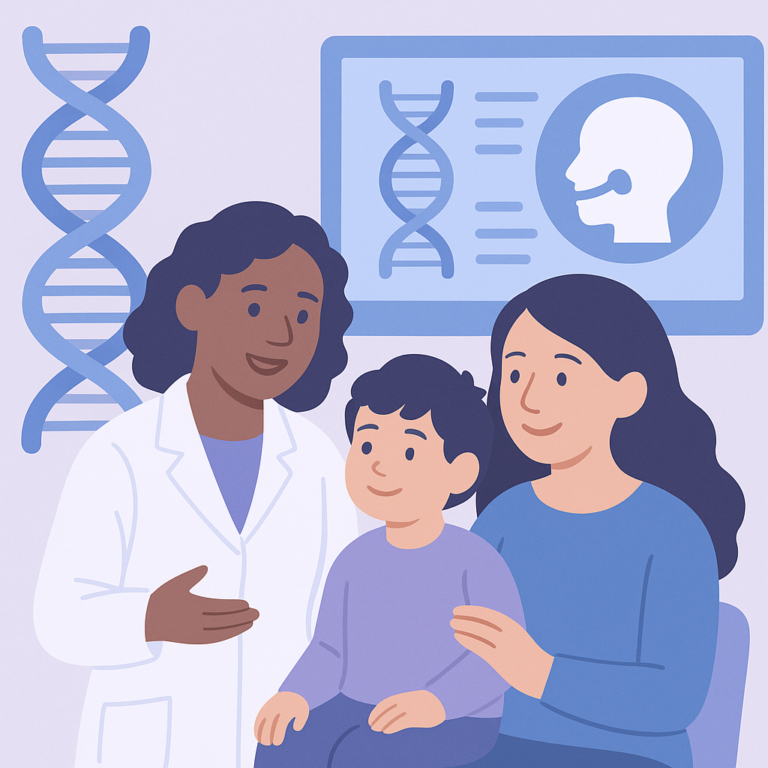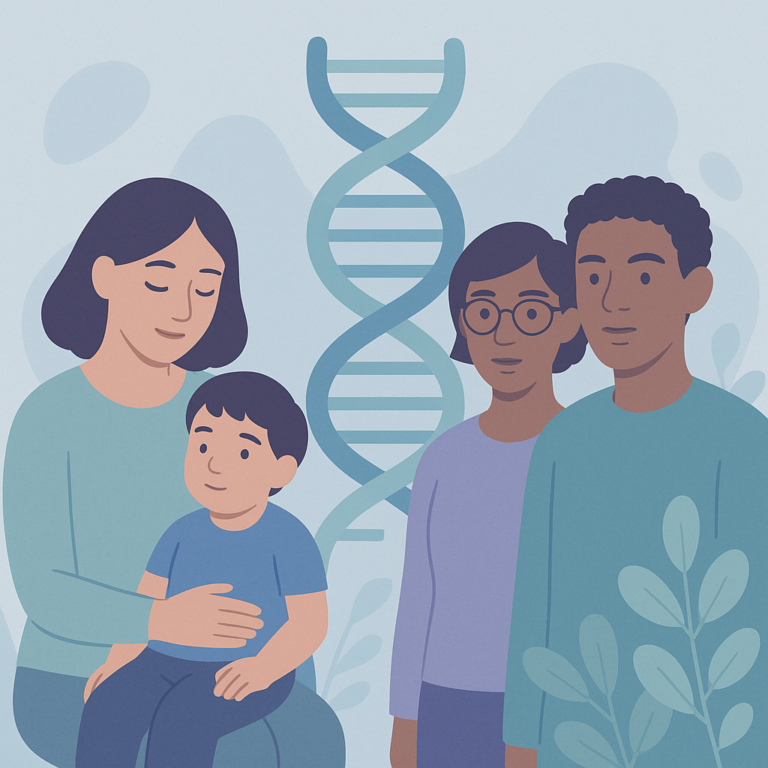New Discoveries in KCTD7-Related Drug-Resistant Epilepsy
Source: Developmental neuroscience
Summary
Researchers studied a group of 134 Iranian children who have epilepsy that does not respond well to standard medications. They focused on a specific gene called KCTD7, which is linked to this type of epilepsy. The study aimed to find new mutations in this gene and understand how these mutations affect the patients.
The study found three new mutations in the KCTD7 gene in four of the children. These mutations can change how the KCTD7 protein works, which may contribute to the severity of epilepsy symptoms. The researchers noted that while most of the children had seizures starting before age two, the severity of their condition varied widely, with some experiencing mild symptoms and others facing more serious challenges. Common medications used did not consistently help control seizures.
These findings are important because they provide new insights into KCTD7-related epilepsy, highlighting the complexity of the condition and the difficulties in treating it. However, the study has limitations, such as being based on a specific group of patients, which may not represent all individuals with this type of epilepsy. Additionally, the unexpected finding of potential fertility issues in some fathers suggests that KCTD7 might have effects beyond just epilepsy, but more research is needed to understand this fully.
Free: Seizure First Aid Quick Guide (PDF)
Plus one plain-language weekly digest of new epilepsy research.
Unsubscribe anytime. No medical advice.





